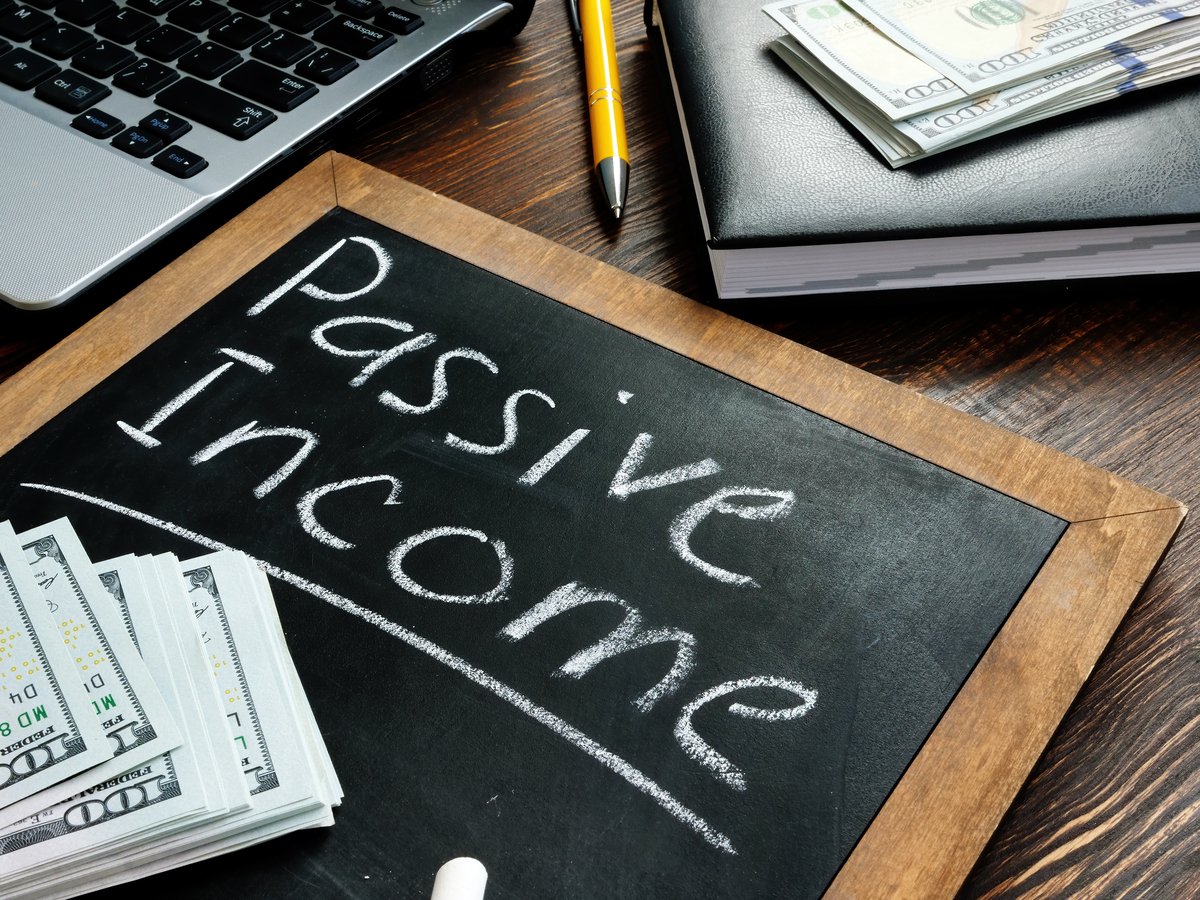McDonald's Corp. (MCD 0.18%) might be in the midst of an identity crisis, but it seems someone forgot to tell its shareholders. The stock has rebounded by over 10% since January, to a nearly all-time high, on renewed optimism about the Golden Arches.
Despite the steady drumbeat of bad news over the past year -- negative comparable sales in the U.S., a food safety scare in Asia, and the temporary closing of stores in Russia -- the stock never really fell that far. Even at its trough last year, shares were only down to $88, about 15% below its all-time high, which doesn't exactly sound like a company that is unraveling. The board's recent decision to replace Don Thompson with Steve Easterbrook as CEO sparked a rally in late January, and signs of stabilizing sales have also given the stock a pick-me-up.
Source: McDonald's Investor Relations
Now that investors seem to be lovin' McDonald's once again, let's take a closer look at the stock's resilience and why it's back on top.
Strong dividend
McDonald's pays shareholders a quarterly dividend of $0.85, good for a yield of 3.4%. When the stock was trading for under $90, that yield was even juicier at 3.8%. For income investors looking for a reliable high-yielding dividend stream, that's hard to beat. The company has also raised its payout annually for 38 years, putting it in the elite group of Dividend Aristocrats. Though the payout increase slowed in the last couple years as performance declined, its franchise model keeps McDonald's a cash flow machine that shouldn't have a significant problem sustaining at least small increases in coming years.
Share buybacks
The companion tactic to dividends, share buybacks lift earnings per share even without underlying growth by lowering the number of shares outstanding. By repurchasing shares and paying dividends, McDonald's can continue to reward investors even if sales and profit growth are limited.
Last year, the company bought back nearly $3 billion worth of stock, lifting the value of an individual share by about 3%. Management has set a goal of returning $18 billion-$20 billion to shareholders through dividends and buybacks from 2014 to 2016, and returned $6.4 billion in 2014. At the current level of free cash flow generation and dividend distribution, $3 billion in repurchases is not sustainable, but management should at least be able to make buybacks in the $1 billion-$2 billion range annually. The company also promised to reduce capital expenditures to accommodate the capital return program.
The business model
Though sales and profits both fell last year, McDonald's franchise model offers a cushion against weak performance -- it generated revenue from franchisee royalties, which are based on sales, and from rents, which are a guaranteed revenue stream unaffected by sales. Overall sales declined last year, but franchise revenue grew slightly, a reflection of the strength of the model. A majority of the company's sales come from company-owned stores, but the vast majority of profits come from the franchise channel.
With an eye to that difference, McDonald's announced it would refranchise at least 1,500 restaurants over the next two years, which should help ensure the sustainability of its business model. Competitors like Burger King, whose parent company is Restaurant Brands International, and Wendy's have turned to refranchising in recent years, and their stocks have soared as a result. McDonald's always has the option to sell off more of its company-owned stores, further protecting it from performance issues.
CEO transition
Investors are clearly upbeat about Easterbrook stepping into the role of Big Cheese, and for a good reason. Easterbrook led the turnaround of McDonald's in the U.K., and as Mickey D's former chief brand officer, is an expert in marketing. He's also been and unabashed defender of the brand, challenging Fast Food Nation author Eric Schlosser to a debate, and is not afraid of the type of risk-taking that could have helped right the McDonald's ship earlier.
Easterbrook also inherits some secular tailwinds as he takes the leadership post. In the U.S., gas prices are down and employment is up, giving Americans more disposable income than at any point since the financial crisis. Restaurant sales are up across the board as a result, and there's no reason why McDonald's shouldn't benefit from that trend as average sales at individual locations are still near the top in the industry. Similarly, performance should stabilize in Asia as food safety troubles are resolved and fade from memory.
McDonald's had a terrible year in 2014, but 2015 should be better. That doesn't mean the stock is about to blow through the roof, but rumors of its demise have been overblown. For income investors looking for a solid dividend stream, McDonald's isn't a bad place to park your money.









